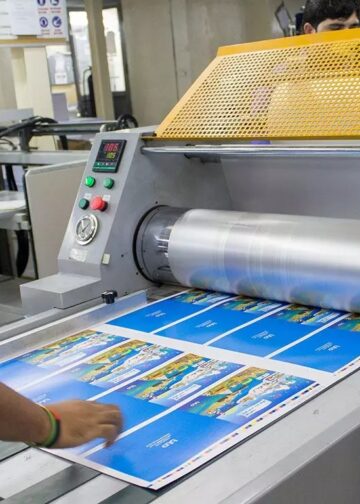In pretty much every country across the globe, you will find some sort of taxes on things like products and services. A lot of countries opt for VAT – value added tax, which is collected by all sellers in each stage of the supply chain – every person pays VAT. In the U.S., however, things are done differently – sales tax is used instead.
SALES TAX CALCULATOR
What exactly is sales tax?
Sales tax is a type of consumption tax similar to VAT, that’s imposed by the government on the sales of goods and services. There is a conventional sales tax which is levied at the point of sale, collected by the retailer and passed on to the government. Sometimes businesses also have to pay sales taxes if they have a nexus in a given jurisdiction, depending on the laws there.
Sales tax basics
Retail sales taxes are generally charged only to the end user of a service or product.
Businesses can be taxed if they aren’t careful about the way they handle taxes – especially when it’s a good: the majority of goods go through lots of manufacturing stages before they get to the end product, often by many different entities. If this applies to your business, you’ll need to get a lot of documentation to provide who ultimately is responsible for the sales tax in the end.
For instance, imagine a potato farmer. This potato farmer would sell to a chip-making company. To avoid paying sales tax on their purchase, the chip-making company needs to obtain a resale certificate, to confirm it is not the end user of the product. The chip-maker could then sell to a supermarket that needs to charge the sales tax to customers, in addition to the price of the chips.
Sales taxes are closely related to use taxes that apply to residents who’ve purchased items from outside their jurisdiction. These taxes are generally set at the same rate as sales taxes but can be more difficult to enforce, and so generally tend to be in practice only for large purchases of goods or a service.
What is a nexus for a business?
A nexus is defined as a physical presence of something. The exact definition of a ‘presence’ isn’t just limited to an actual building, though. It can also mean a business just having an employee or an affiliate in the state. In some states it now also includes having online presence, as ecommerce is starting to become a big thing now. For instance, in New York ‘Amazon laws’ have been passed which require internet retailers like Amazon.com Inc. to pay sales tax, despite not actually being physically in the state.
Registering for sales tax
When you register for sales taxes, you need to firstly get a Seller’s Permit, and find ways to save money on taxes too by getting documents like a Resale Certificate.
Getting a seller’s permit
Any business that sells a good or a service needs a seller’s permit. These permits are given by states. If you can’t find it, it may also be labelled as a ‘Sales Tax Permit’ or ‘Sales Tax Certificate of Authority’. Even if you don’t need to pay taxes you’re still required to get one, so that the state knows where exactly sales tax revenue is coming from.
To register, go to the Department of Revenue for your state, fill in the details and you’re all good to go. In most states this service is fortunately free.
Getting a resale certificate
Going back to what we said before, a resale certificate/permit is great for when purchasing goods with the intention of reselling them. They are simple to get and stop you from having a good get taxed multiple times before reaching the end consumer. The certificate can also be found on your state’s Department of Revenue homepage, and also tends to be free.
To help calculate your sales tax, TRUiC has a useful tool – a sales tax calculator. Visit their site for more.














